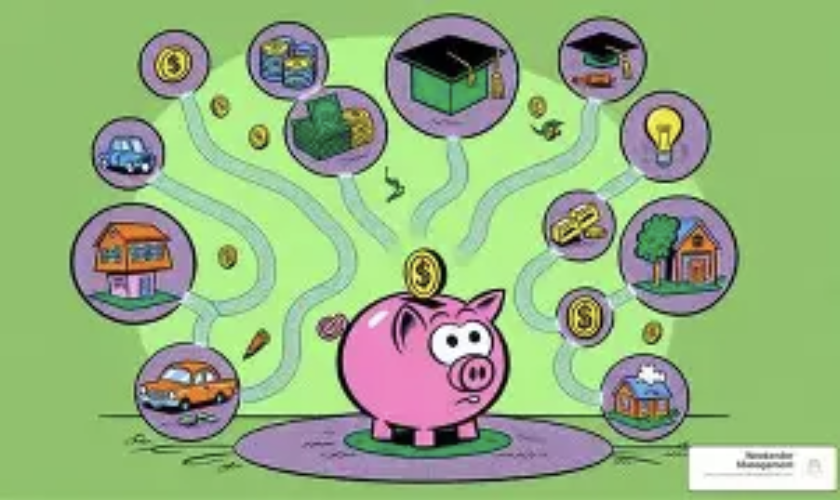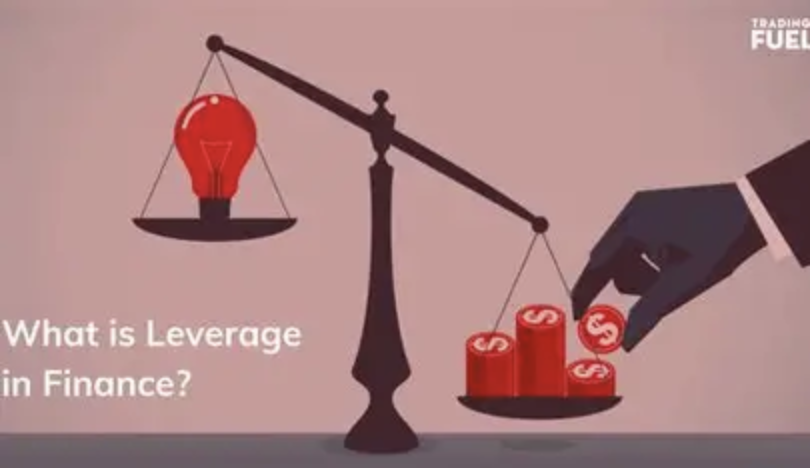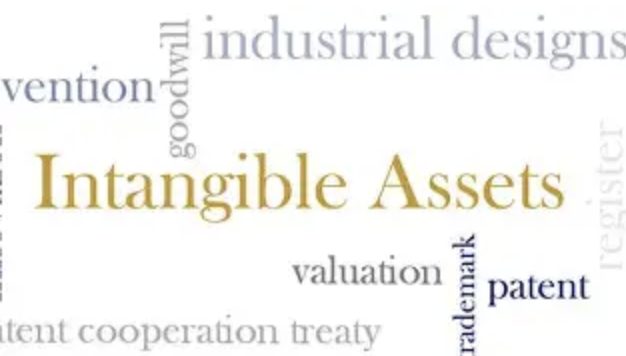Many individuals with high incomes think that achieving financial independence comes from earning larger salaries. However, the real essence lies not in the amount of income generated, but in how purposefully one manages their finances. For those with considerable purchasing ability, the danger is not a lack of resources—it's the misconception that an increase in earnings eliminates the necessity for careful financial oversight. Genuine financial independence is focused on management, not merely on accumulating wealth.

It signifies residing with a budget that supports enduring stability, dedicating resources towards savings, investments, and passive income avenues that increase on their own apart from your salary. Achieving financial independence does not revolve around surpassing others in earnings—it focuses on escaping the pattern of exchanging time for money, allowing strategic management to transform current resources into sustainable independence.
The Expansion of High-Income Lifestyles
High-paying jobs frequently lead to equally expensive lifestyles. A job promotion may result in a more spacious residence, a fancier vehicle, or high-status memberships—all of which can consume any additional earnings. This phenomenon of "lifestyle expansion" can bind even the highest earners to their positions, as their expenses continuously trail behind their income. Achieving financial independence requires individuals to resist this natural progression and to distinguish between needs and wants.
Prioritizing Value Over Cost
Affluent people often equate high cost with high value. A luxury watch priced at $10,000 and a $500 watch both serve the same purpose of telling time, yet the more expensive option might not align with overarching life objectives. Effective financial management involves evaluating whether a purchase adds significance or just prestige. Focusing on experiences that enhance life or assets that increase in value—rather than things that decrease in worth—fosters a greater sense of freedom than merely indulging in extravagant purchases.

Passive Income as a Pathway to Freedom
Individuals with high incomes frequently depend exclusively on active income, exchanging their time for money. Authentic freedom is derived from nurturing sources of passive income, such as rental properties, dividend-yielding stocks, or side businesses that generate revenue while one rests. Even dedicating a minor fraction of earned income towards these types of assets can accumulate over time, lessening reliance on a sole paycheck and allowing the choice of work that truly inspires.

The Significance of Deliberate Budgeting
Budgeting is not solely for those facing financial difficulties; rather, it serves those aiming to control their wealth. For those earning high incomes, a budget should not feel limiting; rather, it functions as a strategic plan. It designates money towards goals (such as retirement, charitable giving, and travel) before any optional spending takes place, ensuring financial resources align with priorities. This deliberate approach helps eliminate unnecessary expenditures and keeps attention focused on what genuinely propels one towards freedom.
At its core, financial independence is a matter of mindset. The thought that “I require more to be free” perpetuates an endless cycle. In contrast, adopting a perspective of “I can effectively manage what I possess to attain freedom” fosters a sense of empowerment. High earners who embrace this mentality cease the pursuit of salary increases and instead concentrate on developing systems—like automating savings, reviewing expenses, or investing wisely—that transform current income into enduring freedom. The objective is not to earn more money, but to maximize the effectiveness of what is already available.





